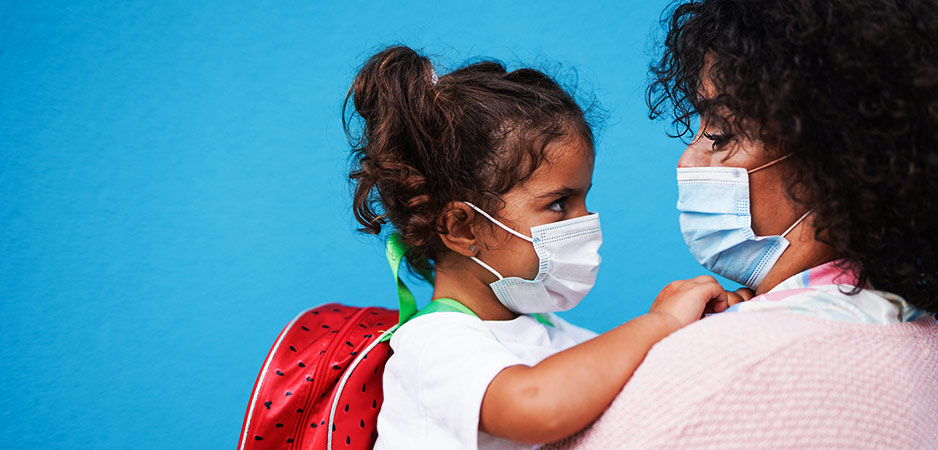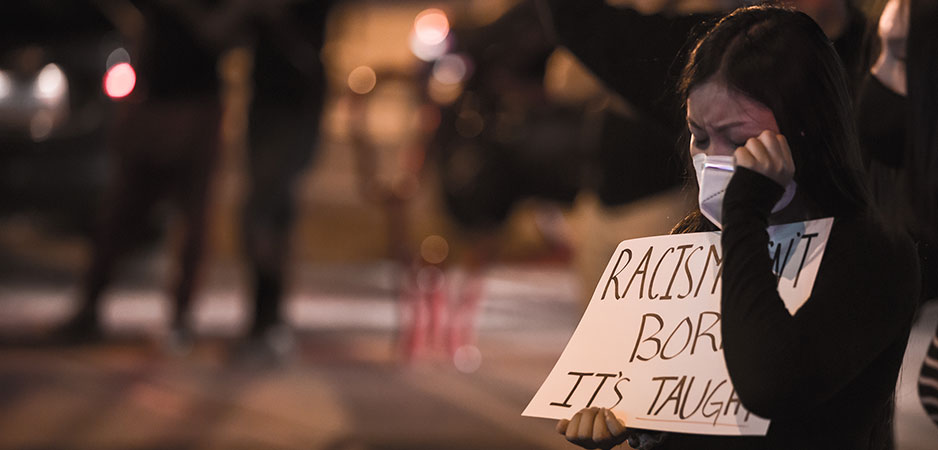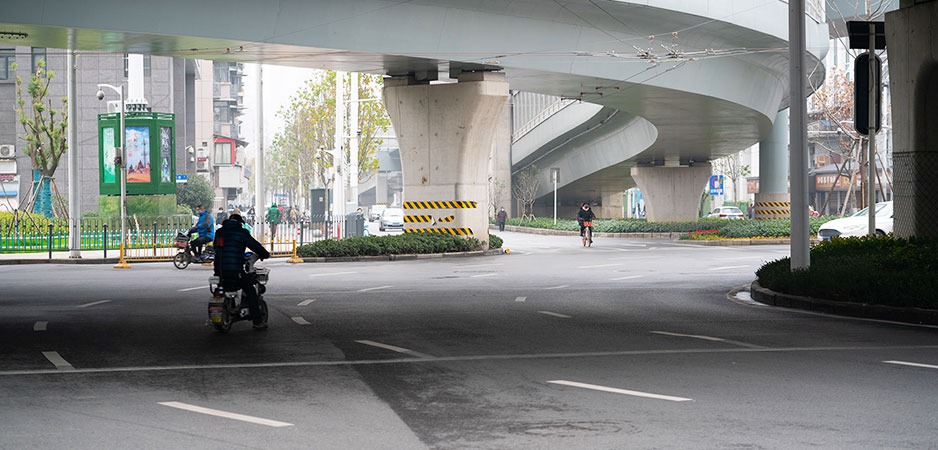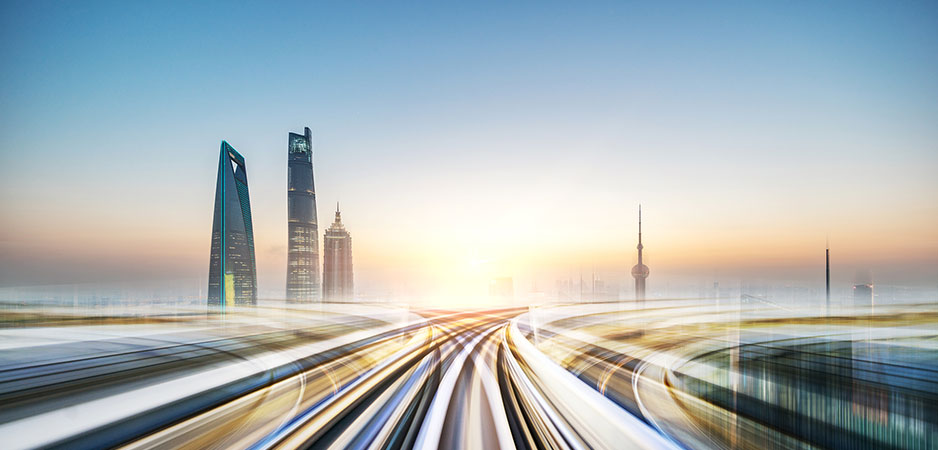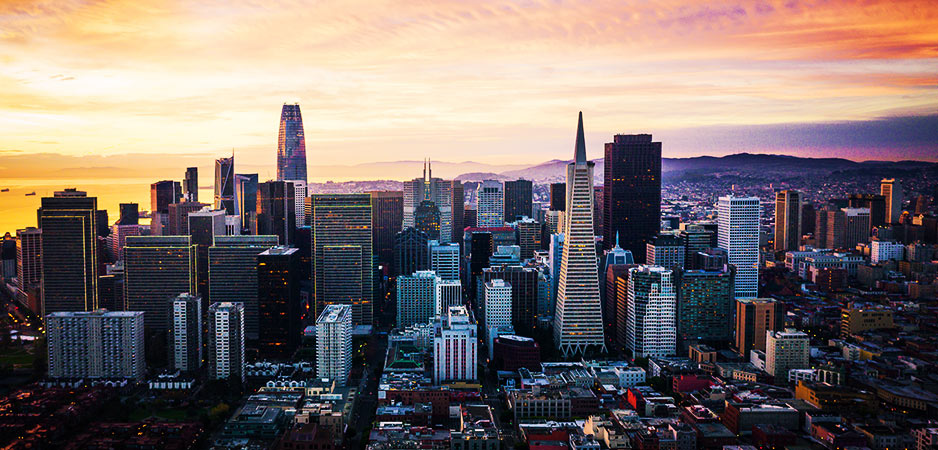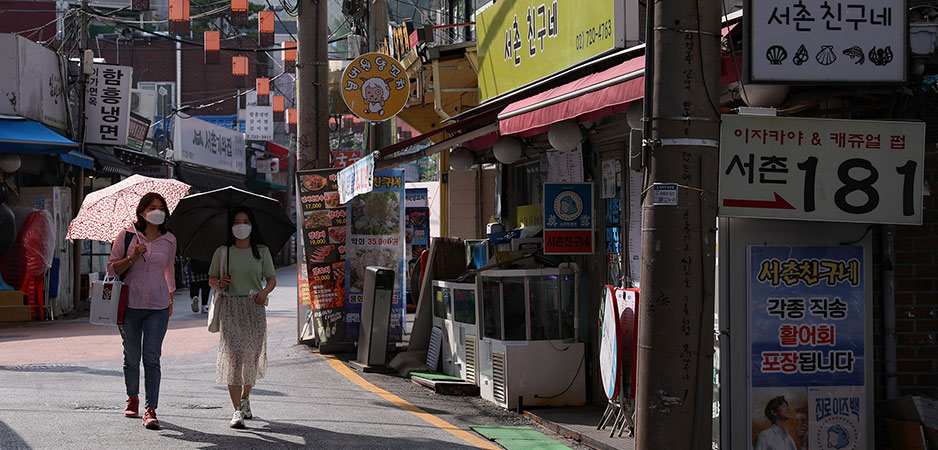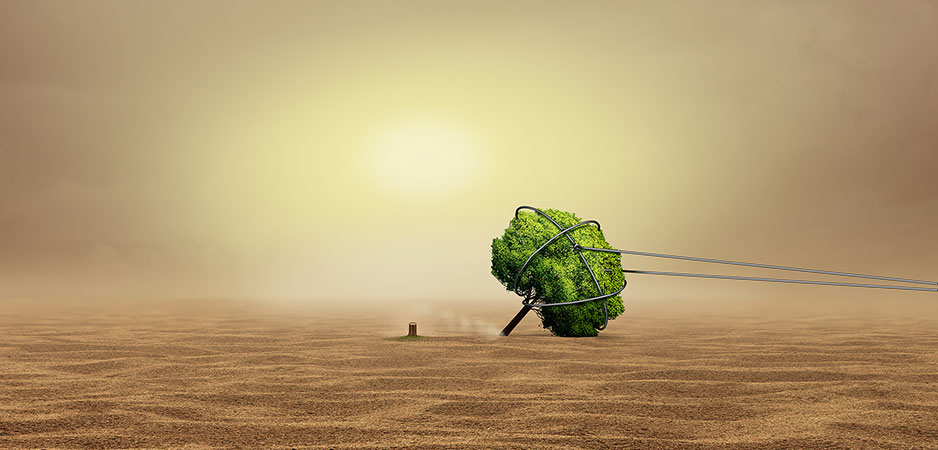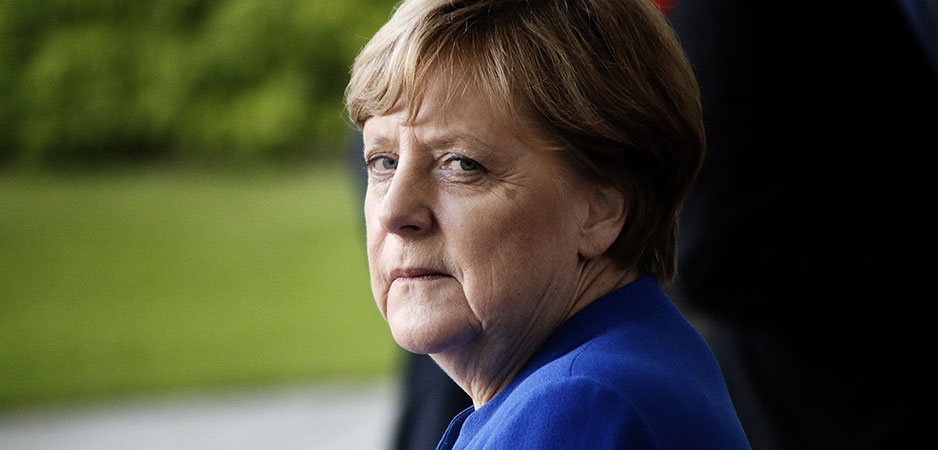With an estimated 255 million full-time jobs lost in 2020, the global economy shrank by 4.4%, pushing ever more people into poverty. Right now, 34 million are on the brink of starvation, and 235 million will require humanitarian assistance and protection in 2021 — an increase of 40% from last year. Limited social and economic mobility has deeply altered family life with alarming speed and magnitude. For families, the fundamental building blocks of our society, the pandemic is a public and yet a very personal crisis. As the raging socioeconomic inequalities we have allowed to multiply are exposed, their severe strain continues to be experienced differently among families.
Donald Trump might have left the White House. His nefarious legacy, however, lingers on. A prominent case in point is the dramatic rise in the number of attacks on Asian Americans, ranging from verbal insults and harassment to physical assault to deadly acts of violence that has gone hand in hand with the pandemic.
A week after taking office, US President Joe Biden made a point of breaking with the position of his predecessor, Donald Trump , who famously blamed China for deliberately spreading the coronavirus. Trump insisted on calling it the Wuhan flu, Kung flu or any other xenophobic alternative. Coming to the defense of the entire Asian community in the United States, Biden issued a memorandum stating the following: “Inflammatory and xenophobic rhetoric has put Asian-American and Pacific Islander persons, families, communities and businesses at risk.”
On January 25, addressing a virtual World Economic Forum, China’s President Xi Jinping not only strongly advocated for a multilateral approach to the COVID-19 pandemic but insisted on the virtues and systemic benefits of free trade and globalization. Jeopardizing those elements may introduce conflict into the international system, Xi warned, clearly referring to, although not mentioning, the United States. This is not the first time Xi has credited himself as the “champion of globalization,” in particular when attending meetings in Davos. In 2017, in the early days of Donald Trump’s presidency, with the long shadow of barriers to trade and isolationist policies just starting to appear on the horizon, China’s president made important remarks encouraging free trade and opening up the markets.
On January 7, the news media announced that Elon Musk had surpassed Jeff Bezos as “the richest person on Earth.” I have a personal interest in the story. Two of my neighbors just bought a Tesla, and this morning, on the highway between Geneva and Lausanne, an angry Tesla driver flashed me several times, demanding that I let him pass. His license plate was from Geneva. Apparently, these days, driving a Tesla automatically gives you privileges, including speeding, particularly if you sport a Geneva or Zurich license plate. In the old days, at least in Germany, bullying others on the highway was a privilege reserved for Mercedes and BMW drivers, who, as the saying went, had an “inbuilt right-of-way.” Oh my, how times have changed.
COVID-19 has been ruthless in choosing winners and losers around the world. The obvious “losers” have been those countries led by right-wing nationalists: Brazil, India, Russia, the United Kingdom and (until recently) the United States. These five countries are responsible for more than half of the world’s coronavirus infections and nearly half the deaths.
For the past year, many commentators have assumed that once the COVID-19 pandemic fades away, the world’s governments will understand that another global task awaits them: addressing the consequences of climate change. COVID-19 has already upset those calculations, at least in terms of timing. Even when things appeared to be improving during the summer of 2020, none of the governments, even the ones that seemed most successful in controlling the pandemic, showed an interest in thinking about future challenges. Instead, they focused on how the consumer economy might get back to its “normal” pattern of continuous growth and how the accumulated debt provoked by the crisis could be accounted for.
Dresden is one of Germany’s great cities, known worldwide for its meticulously rebuilt historic center, destroyed in one night at the end of World War II. Pre-Christmas shoppers have probably come across a Dresdner Christmas stollen, a bread full of nuts and candied fruit, coated in powdered sugar. Music lovers might have visited the city’s Semperoper and art lovers its famous Zwinger, one of Germany’s most important Baroque buildings. Not for nothing, Dresden was once known as the Florence of the North. Nowadays, it is unfortunately better known for its radical right-wing populist subculture, which some time ago fueled the demonstrations against the “Islamization” of Germany and the rest of Europe.
Since the outbreak of COVID-19, bad news has dogged India on the economic front. By the end of the 2020-21 financial year, which begins on April 1 and ends on March 31, the country’s GDP is estimated to shrink by 7.7%, the biggest contraction since 1952. In the first quarter of the 2020-21 financial year, the economy contracted by a historic 23.9%.
Americans like to rate their presidents. In fact, presidential rankings have become something of a cottage industry in political science, ever since the eminent Harvard historian Arthur Schlesinger Sr. started the tradition in the late 1940s.

